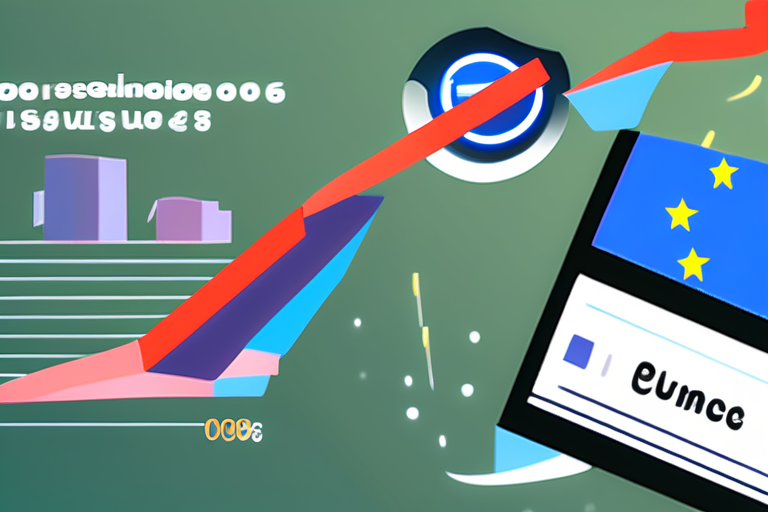A German court has ruled that Google must pay a total of €572 million in damages to two German price comparison companies, Idealo and Producto, for violating antitrust rules in the price comparison sector. The court's decision marks a significant victory for Idealo and Producto, which had claimed damages of €3.3 billion from Google.
According to the court's ruling, Google must pay €465 million to Idealo and €107 million to Producto. The damages are a result of Google's abuse of its dominant market position, which the European Court of Justice had previously ruled was self-preferencing its own shopping comparison service, breaking competition rules. The fine imposed by the European Court of Justice was €2.7 billion.
The financial details of the case are significant, with Google facing a total payout of €572 million. This amount represents a fraction of the €3.3 billion claimed by Idealo, which has vowed to continue its case against Google. Idealo's co-founder stated that the company intends to fight for the full damages it had sued for, arguing that market abuse must have consequences and cannot become a lucrative business model.
The market impact of the court's ruling is substantial, as it sets a precedent for Google's behavior in the price comparison sector. The ruling highlights the importance of competition and fair market practices, and serves as a warning to other companies that may be engaging in similar behavior. The price comparison sector is a critical component of the digital economy, with millions of consumers relying on these services to find the best deals on products and services.
Idealo and Producto are two of the leading price comparison platforms in Germany, with Idealo boasting over 20 million visitors per month. The company's platform allows users to compare prices across multiple retailers, making it easier for consumers to find the best deals. Producto, on the other hand, offers a range of price comparison tools, including a mobile app and a web-based platform.
The court's ruling has significant implications for Google's business model, which has long been criticized for its dominance in the digital advertising market. The company's self-preferencing of its own shopping comparison service has been a major point of contention, with many arguing that it gives Google an unfair advantage over its competitors. The ruling may prompt Google to re-examine its business practices and consider changes to its shopping comparison service.
Looking ahead, the court's ruling is likely to have a lasting impact on the digital economy. As consumers become increasingly reliant on online services, the importance of fair market practices and competition will only continue to grow. The ruling serves as a reminder that companies must operate within the bounds of the law and respect the rights of their competitors. As the digital economy continues to evolve, it is likely that we will see more cases like this, with companies pushing the boundaries of what is acceptable in the pursuit of profit.



























Share & Engage Share
Share this article